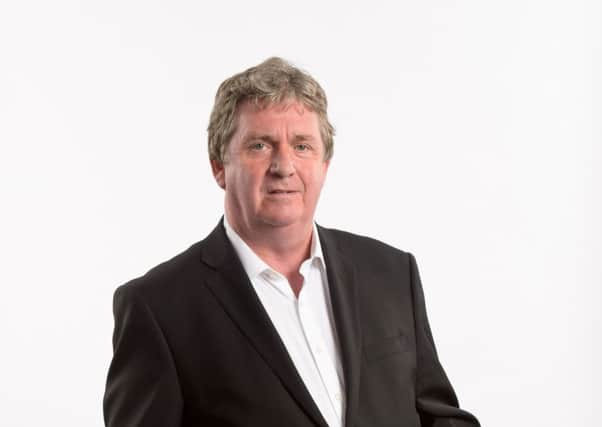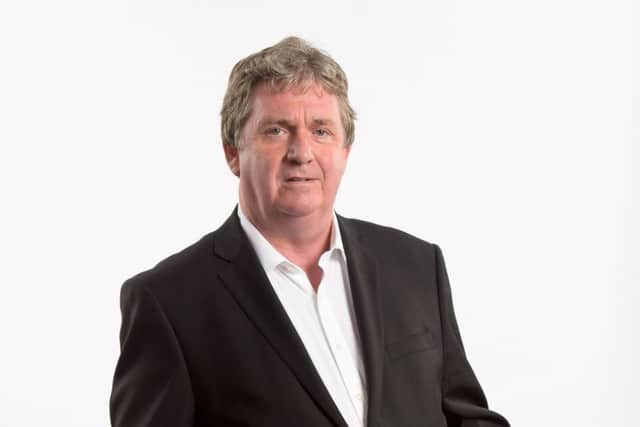Comment: Back to normal inflationary service, kemosabe


Worry about the earlier deflation was virtually unanimously muted, as there were specific reasons behind it, such as falling food and oil prices.
Nobody felt we were facing the spectre of entrenched, dangerous negative inflation, where consumers threaten an economic recovery by putting off purchases because they are convinced deflation is systemic and prices will fall further. And so it has come to pass. Inflation has now edged above zero and is highly likely to stay low in the next few months before rising – gradually – from the autumn as the effects of past falls in food prices and oil begin to subside.
Advertisement
Hide AdAdvertisement
Hide AdIt has been the briefest of forays into deflationary territory, for the first time since 1960, and we are out the other side without barely breaking a sweat.


The other good news is that there will be no dramatic rebound into high inflation, and so interest rates could remain at historic lows until well into next year, helping put more spending power in consumers’ pockets.
Fuel prices have started to rise in the garage forecourts, but although oil has partly recovered since the start of 2015 it remains 40 per cent below where it was at this time last year.
We remain some way from inflation moving back to the government’s 2 per cent mid-term target, so governor Mark Carney and the monetary policy committee at the Bank of England have plenty of wriggle room before tightening policy.
And even though wage growth is picking up, it is still only at a modest pace. In short, although the deflationary blip in the spring caused the frisson of the unusual, there was far too much evidence that we were not in dangerous waters.
And it looks, as expected, as if we have avoided those waters with ease.
Costa and Premier are too good to demerge
WHITBREAD has been powered by the twin turbo-charged engines of Costa Coffee and Premier Inn hotels for years now, and they are still revving. Coffee on the go and budget hotel accommodation have thrived in both the good times, and also when we entered the four or five lean years after the financial crash.
So it is again, with vigorous sales increases at both Costa and Premier in the first three months of this year. New branch and room openings are planned, but strong underlying like-for-like sale increases show the two businesses are not just benefiting from increased space.
Advertisement
Hide AdAdvertisement
Hide AdThe underlying business model remains strong. Sometimes there is City speculation that more value could be released by a demerger of coffee and hotels, but with these sort of figures why would you need to?